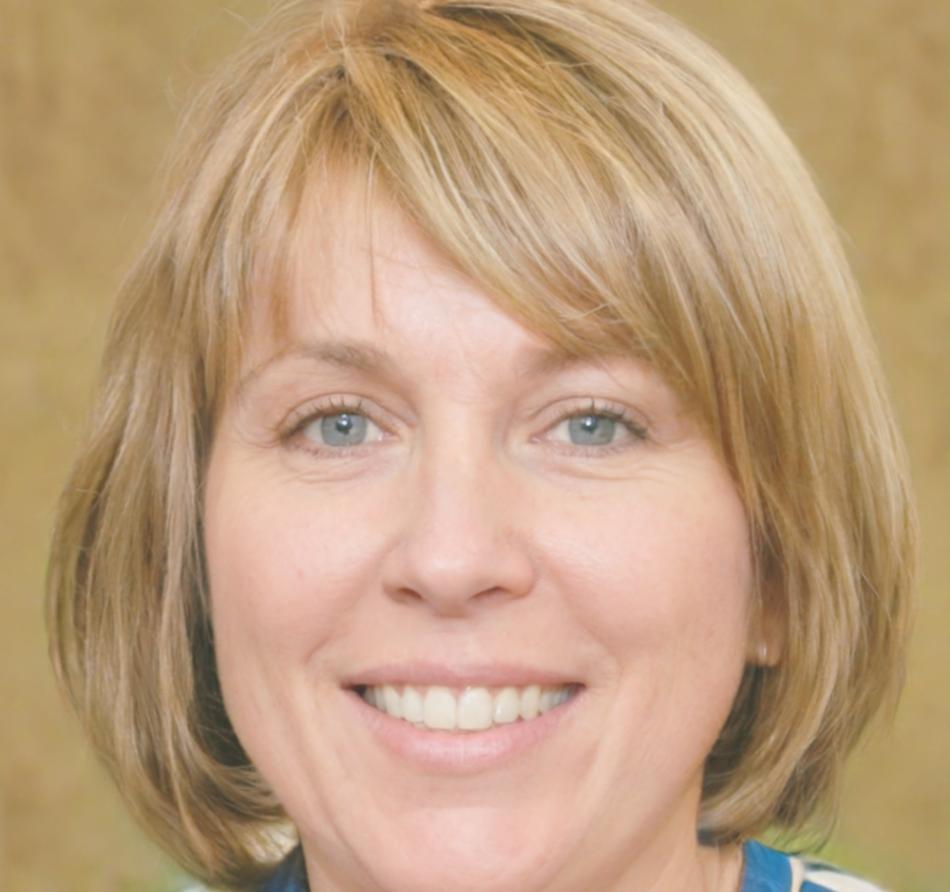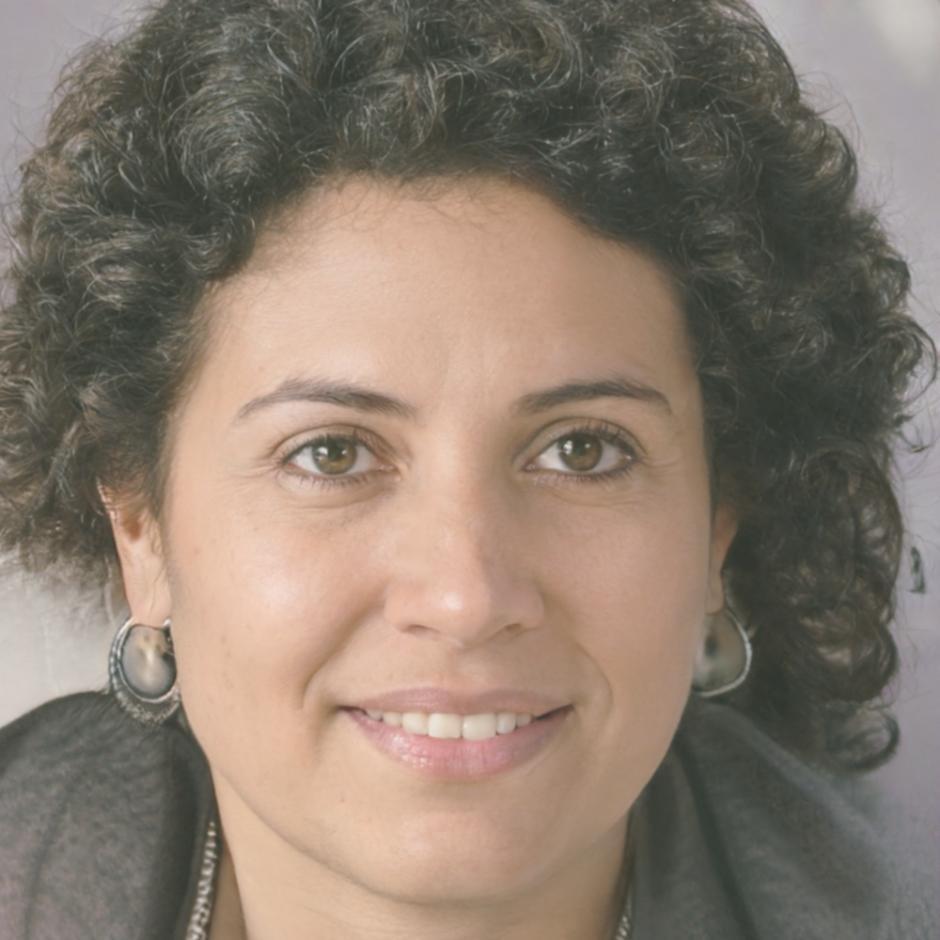Built on Real Experience, Not Quick Promises
We started torivalenqos because we kept seeing the same problem. People were getting budget forecasting advice that sounded impressive but didn't actually work when they tried to apply it. So we decided to do something different.
Explore Our Programs
From Frustration to Foundation
Back in early 2019, I was working with small business owners around Wollongong who kept asking the same question: why was their budget forecasting always off? They'd follow standard templates, use popular software, and still end up surprised by their actual numbers.
The issue wasn't the tools. It was that nobody was teaching them how to adjust forecasting methods to match their specific situation. A retail shop's cash flow pattern looks nothing like a consulting firm's, but everyone was using identical approaches.
That's when torivalenqos took shape. We built our first course around teaching people to recognize their own financial patterns before they started forecasting. The response was immediate. People finally had forecasts that actually reflected what happened in their businesses.
What Guides Our Work
These aren't aspirational statements. They're the principles we use when designing courses and working with clients.
Practical First
Every concept we teach has to work in actual business scenarios. If it only looks good on paper, we don't include it. Our courses focus on methods you can start using the same day.
Context Matters
Your business isn't identical to anyone else's, so why would your forecasting approach be? We teach frameworks you can adapt, not rigid formulas you have to follow exactly.
Honest Limits
Budget forecasting has limits. It won't predict every market shift or eliminate all financial surprises. We're upfront about what it can and cannot do for you.
Ongoing Learning
Markets change. Regulations shift. We update our content regularly based on what's actually happening in Australian business environments, not just theoretical changes.
Real Feedback
We adjust our courses based on what students tell us works or doesn't work. If multiple people struggle with the same concept, we rewrite that section until it clicks.
Clear Direction
You shouldn't need a finance degree to understand budget forecasting. We explain concepts in plain language and show you exactly how to apply them step by step.
Who's Behind This
torivalenqos isn't a massive operation. We're a small team in Wollongong who work directly on course content and client support. Here are two people you'll likely interact with if you join our programs.

Marlene Quigley
Budget Forecasting SpecialistMarlene spent twelve years in corporate finance before getting fed up with the disconnect between what got taught and what actually helped businesses. She joined us in 2021 and leads our course development. If a forecasting method seems too complicated, she's the one who figures out how to simplify it without losing accuracy.

Daphne Satterfield
Client Education ManagerDaphne handles most of our direct client work. She's been with torivalenqos since 2020 and has a knack for spotting where people get stuck in the learning process. When students email questions, she's usually the one responding with practical examples that clear things up.

How We Build Better Forecasters
Most budget forecasting education focuses on teaching you formulas and software. That's fine, but it misses a crucial step. You need to understand your own financial patterns before any formula will be useful.
Our programs start with pattern recognition. You'll learn to spot trends in your actual data, identify seasonal variations, and recognize which expenses behave predictably versus which ones don't. Only after that foundation do we move into forecasting techniques.
- Start with your real numbers, not theoretical examples
- Learn to spot patterns that matter for your specific situation
- Build forecasts that account for your business's unique rhythm
- Adjust methods as your business changes over time
What Makes Our Teaching Different
We focus on understanding over memorization. Once you grasp the underlying logic, you can adapt forecasting methods to whatever situation comes up.
Work With Your Data
Most courses use generic examples. We encourage you to bring your own numbers from the start. You'll apply each concept to your actual business, which means you're building a usable forecast as you learn.
By the end of our core program, you won't just understand forecasting theory. You'll have a working forecast for your business that you created yourself.
Adjust As You Go
Your first forecast won't be perfect. Neither will your second. That's normal. We teach you how to track accuracy and adjust your methods based on what actually happens.
Over time, you'll develop an instinct for which variables matter most in your specific situation. That's more valuable than following any single forecasting formula perfectly.
